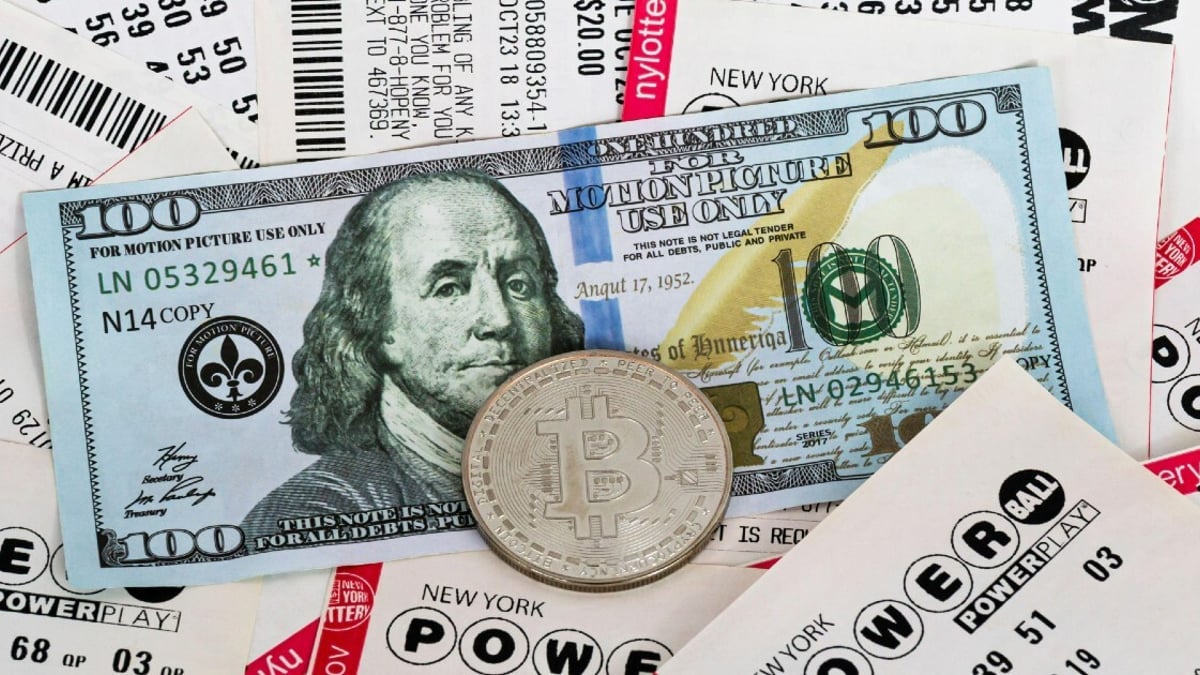How The Regulated Gambling Industry Avoided the Cryptocurrency Firestorm

Though it has warmed recently, the legal, regulated gambling industry has been slow to adopt cryptocurrency. The industry’s reluctance was derided as old-fashioned thinking, but those reservations now seem prescient and justified.
Bitcoin is amid a historical selloff. The best-known cryptocurrency has lost 77% of its value since its peak in November 2021, with Bank of America calling it the fifth biggest wipeout of all time. And then there is the bankruptcy filing and possible scandal of the crypto exchange FTX, which helps illuminate the regulated gambling industry’s now vindicated concerns about widespread adoption.
The Rise and Fall
Following a six-month hot streak, Bitcoin hit $60,000 in April 2021. The price quickly fell to $30,000, but by November, it reached $60,000 again.
The Bitcoin rollercoaster ride is nothing new for investors, but the stomach-dropping ride from $60,000 to $30,000 to $60,000 had many hoping Bitcoin had discovered a new baseline value and was now safe to buy once again.
Since then, Bitcoin has imploded, highlighted by the collapse of FTX last week, with the price currently fluctuating between $16,000-$17,000. And some investors don’t believe this is the bottom.
Is This the End of Gambling’s Interest in Cryptocurrencies?
Bitcoin’s current travails are likely to reverse any positive inroads and further slow its already glacially paced adoption in the U.S. online gambling space.
Bitcoin has been an enigma in the legal, regulated gambling universe. The best-known cryptocurrency has long been accepted at offshore gambling sites, while regulated sites have steered clear of Bitcoin and cryptocurrencies. That appeared to be changing, albeit very slowly.
Bitcoin has made some inroads at land-based casinos, with kiosks, crypto ATMs, and third-party payment processors. Cryptocurrency’s biggest win in the online space was a law passed in Wyoming that would pave the way for operators to accept cryptocurrency.
Online operators appear to be warming to cryptocurrency and aren’t averse to adding cryptocurrency as a payment option. That will likely take regulation of the crypto industry. As DraftKings CEO Jason Robins noted in June 2021, "As of now, crypto is not an approved payment type in any of the states where we're live."
The Problem with Cryptocurrency
Cryptocurrency isn’t without its detractors. Whether it’s the price volatility or its lack of utility, there are plenty of big-name naysayers.
As Warren Buffet said in a 2020 CNBC interview:
"Cryptocurrencies basically have no value… and what you hope is that somebody else comes along and pays you more money for them later on, but then that person's got the problem. In terms of value: zero."
Buffet did his best Nostradamus impression two years earlier when he said, "In terms of cryptocurrencies generally, I can say almost with certainty that they will come to a bad ending. If I could buy a five-year put on every one of the cryptocurrencies, I'd be glad to do it, but I would never short a dime's worth."
Cryptocurrency has an even more substantive issue from the legal, regulated gambling industry’s perspective. As noted above, the acceptance of cryptocurrency is a key differentiator between regulated and unregulated sites. Here’s why.
Casinos, and by extension online gambling operators, must abide by strict “know your customer” and anti-money laundering rules. The decentralized nature of cryptocurrencies and the lack of U.S. regulation make it near-impossible for gambling operators to accept cryptocurrency payments even if a state like Wyoming allows it.
The main selling point of crypto is it’s decentralized. But that lack of regulation is a no-go in the regulated gambling space, while unregulated sites use decentralization and anonymity as a selling point.
The bottom line is cryptocurrencies have a lot of work to do to make inroads in the regulated gambling industry.
Be first to get our exclusive sports offers!
Join today to stay up to date on your states gambling news and offers.










